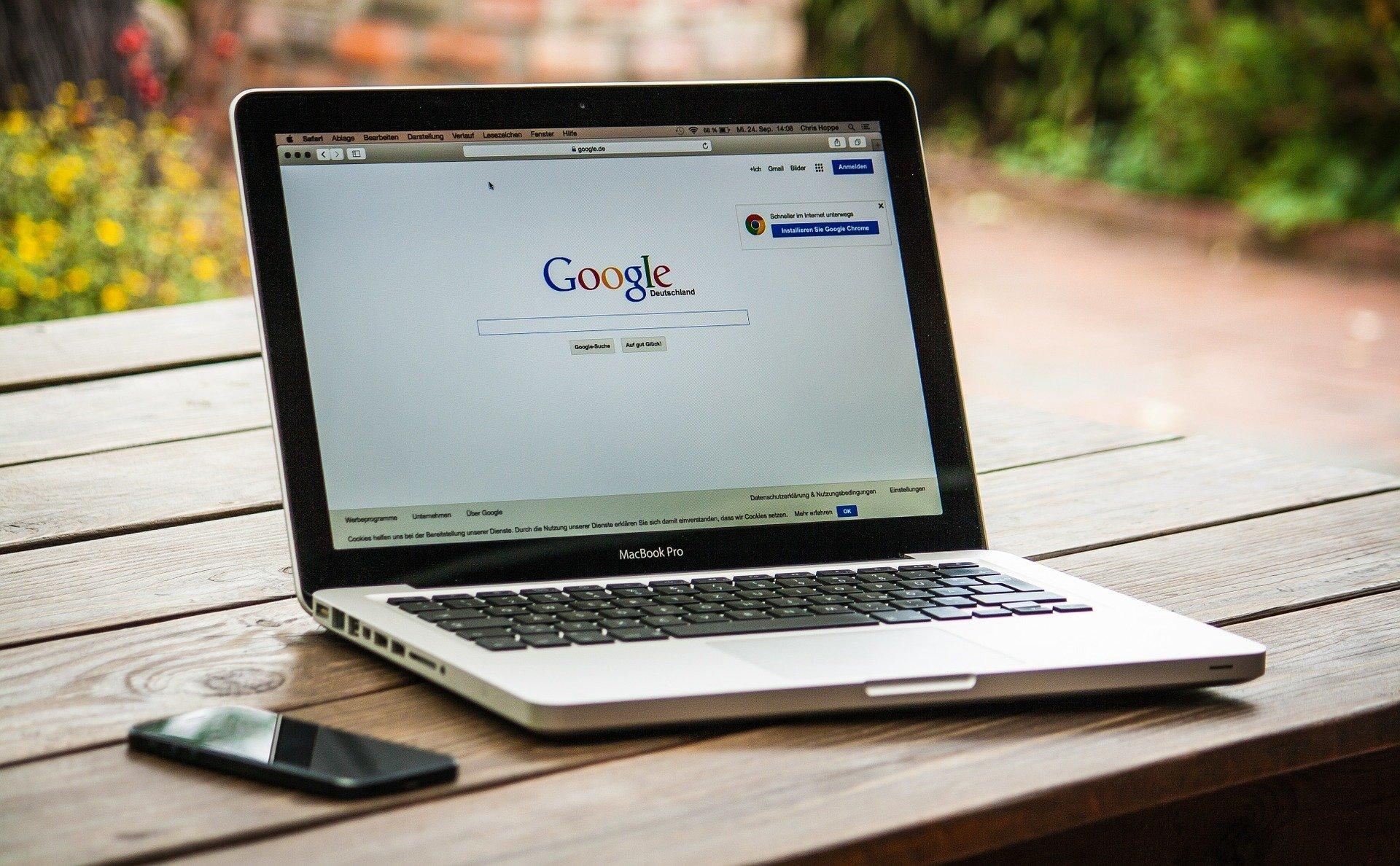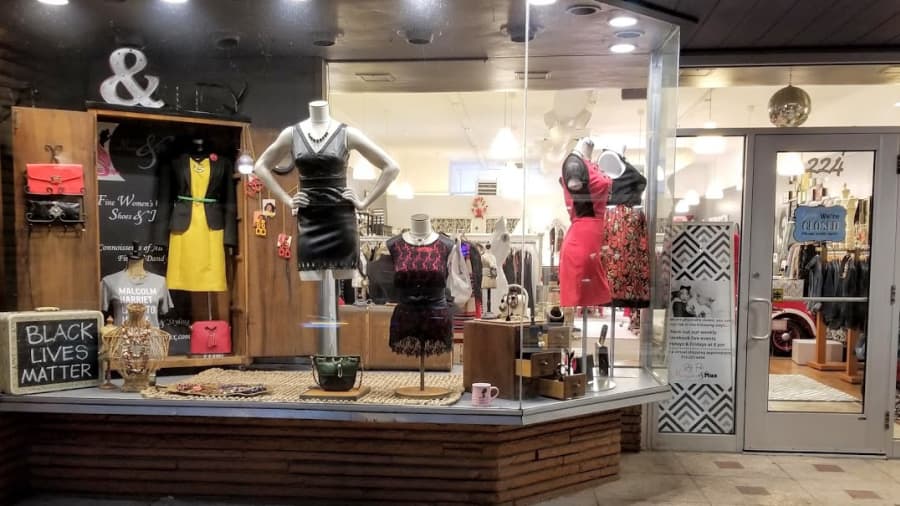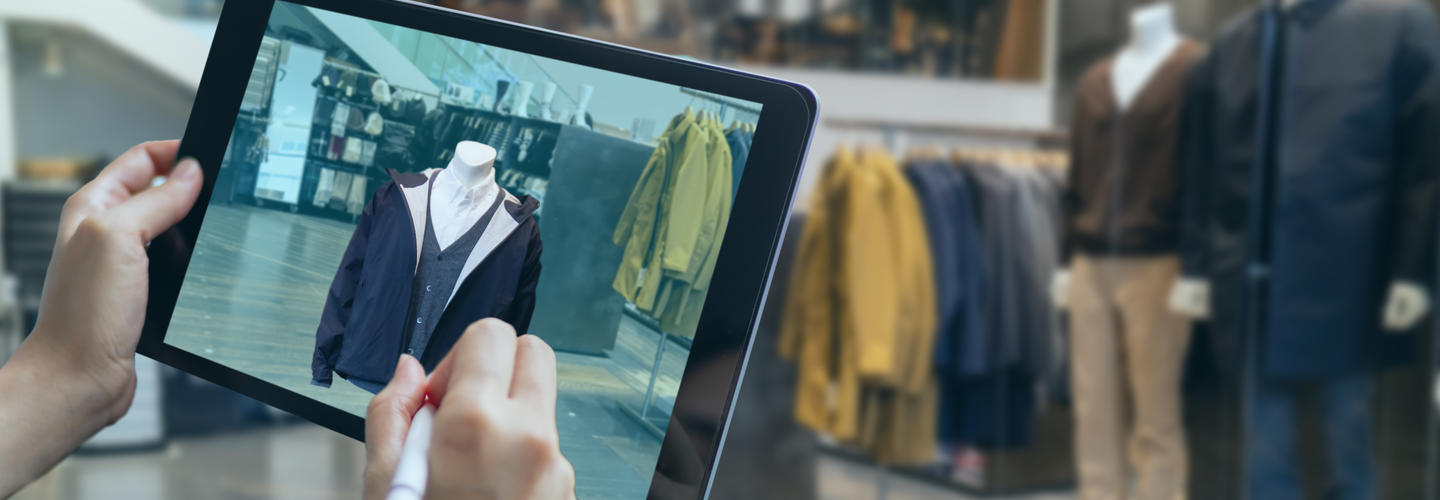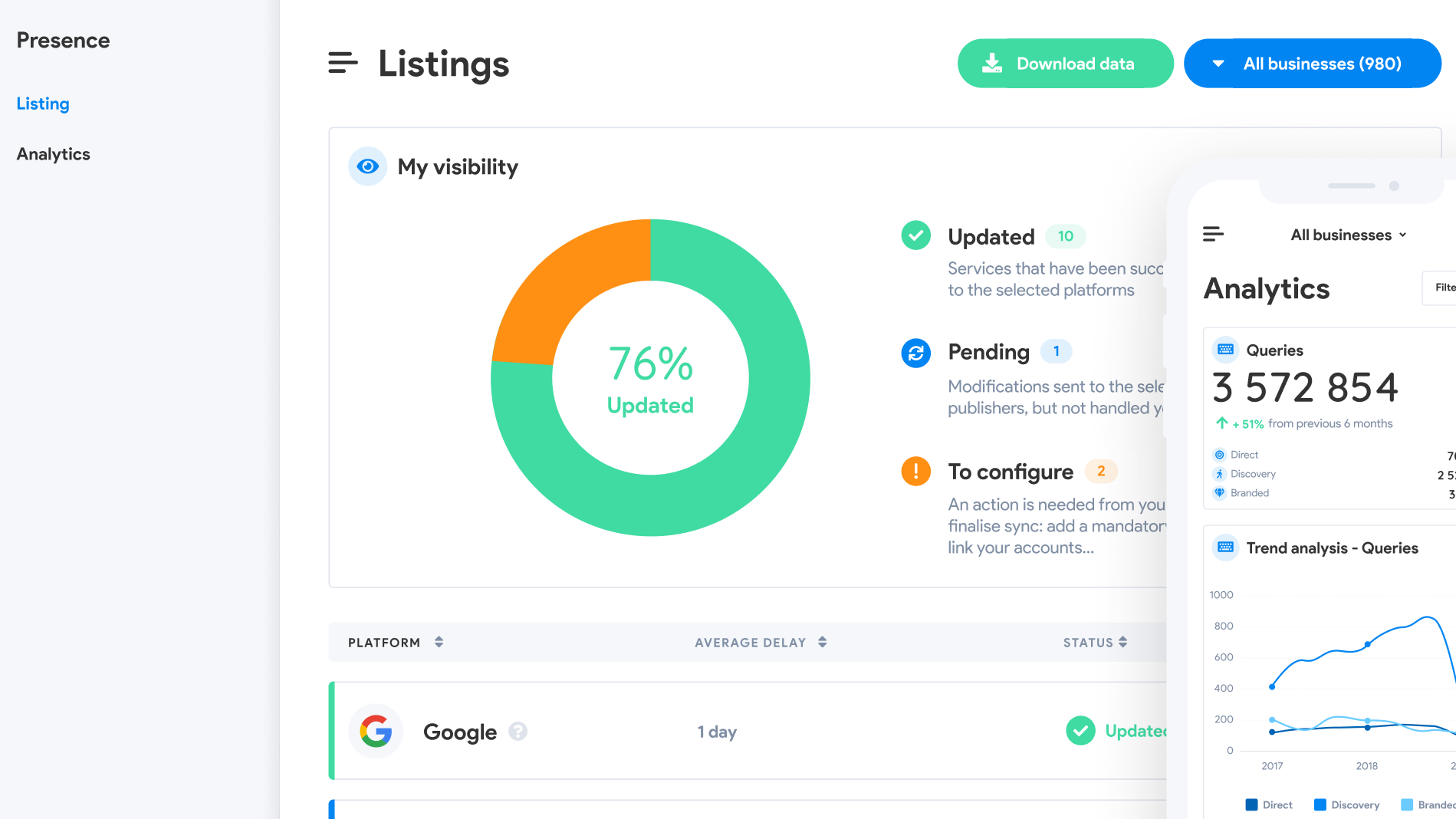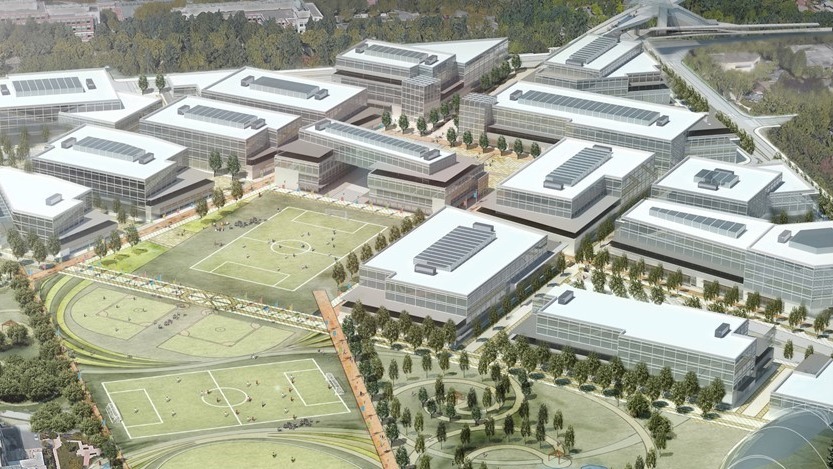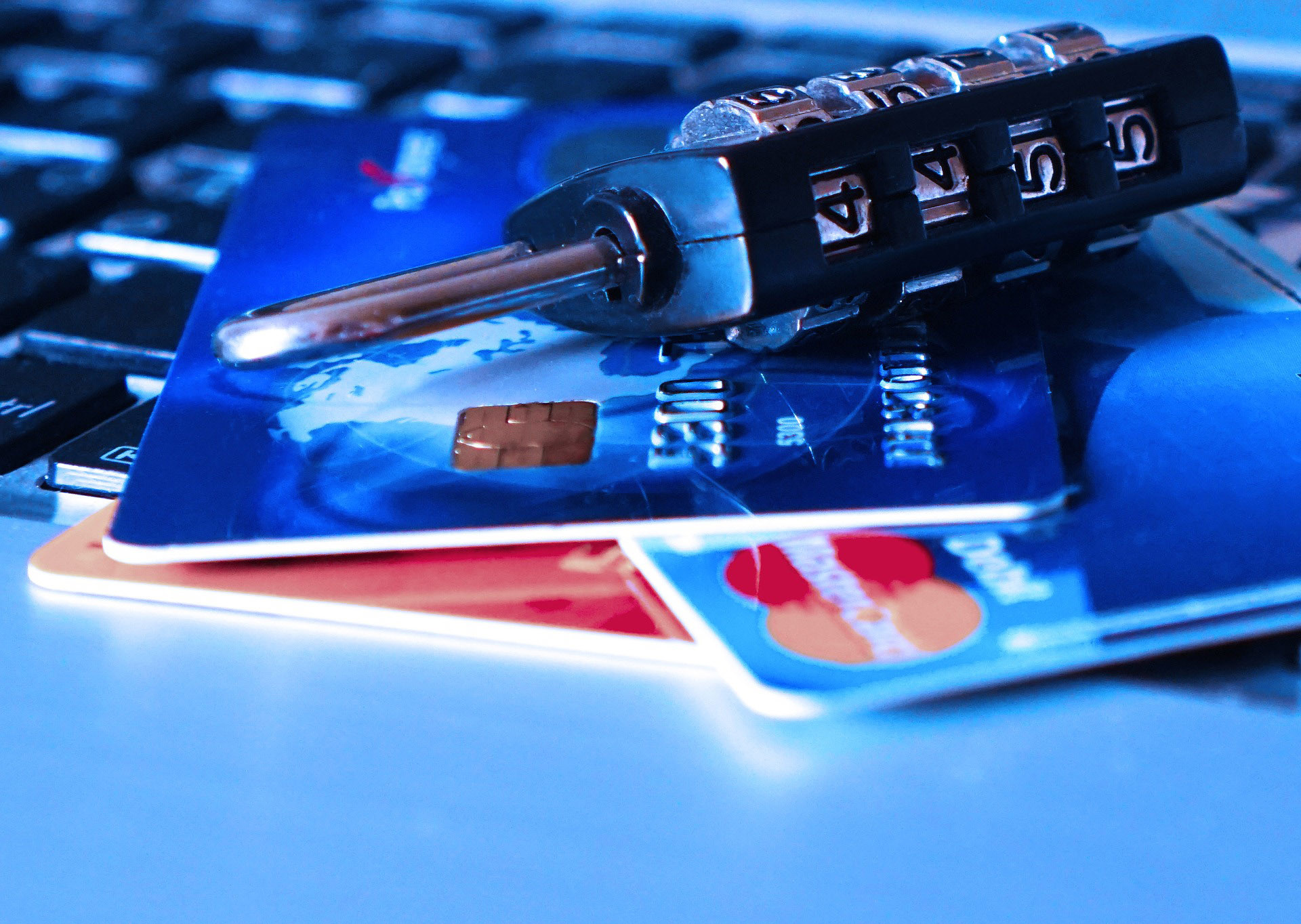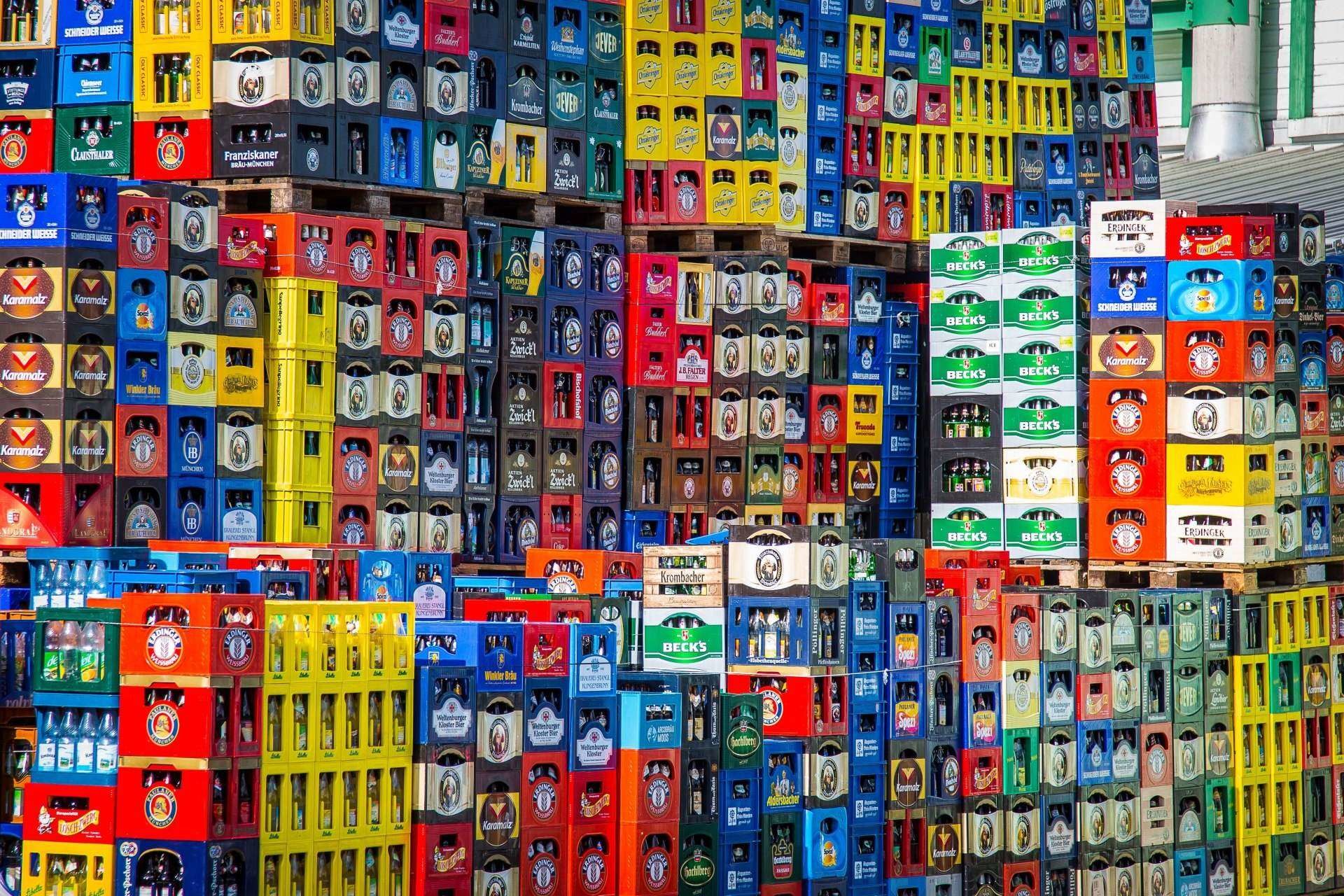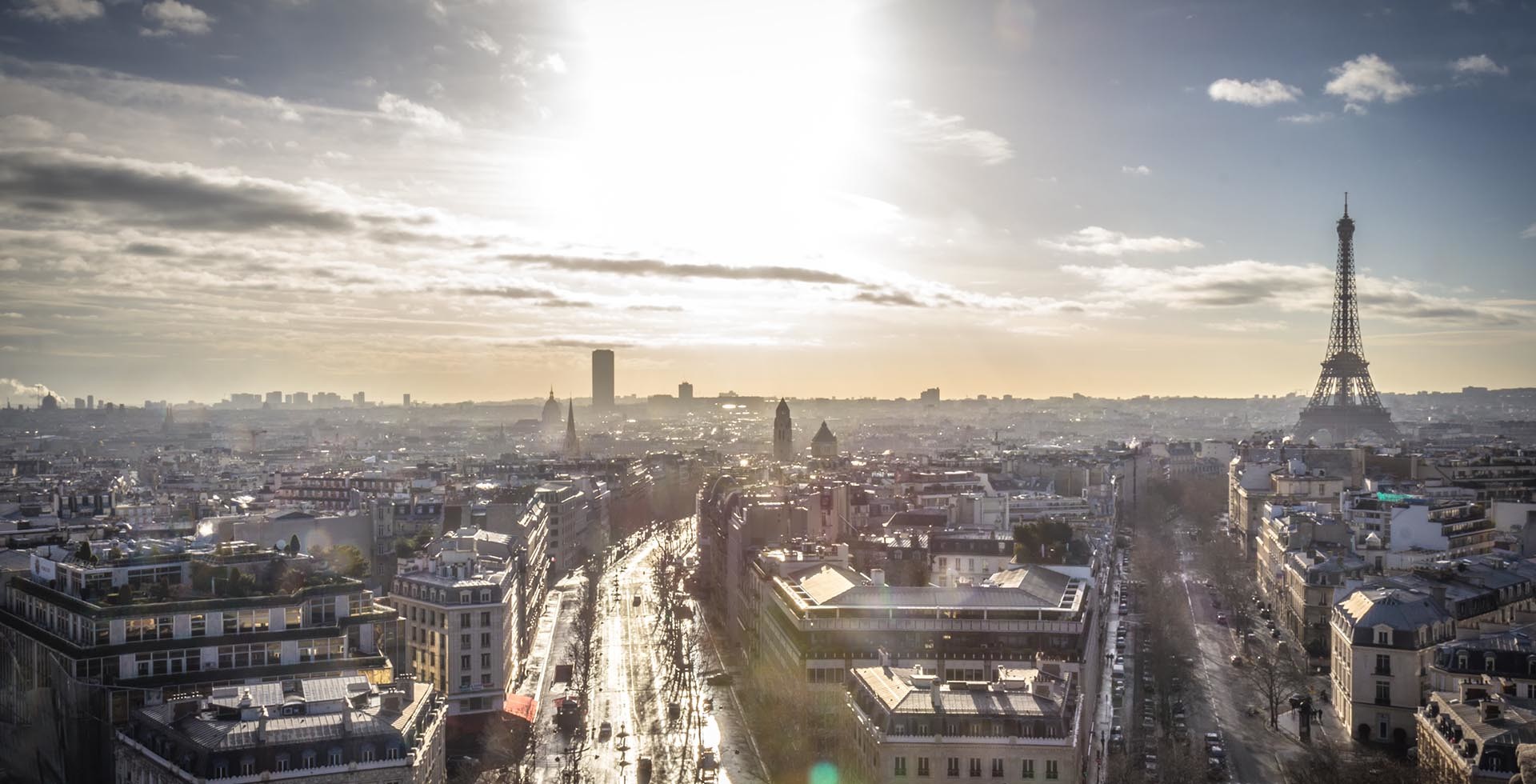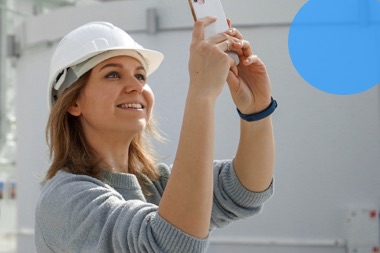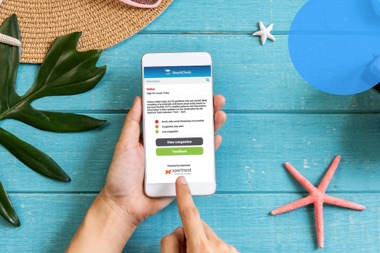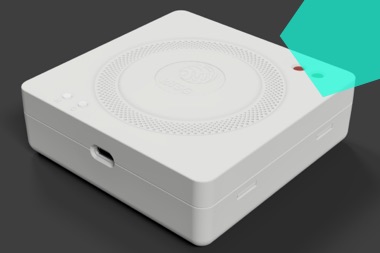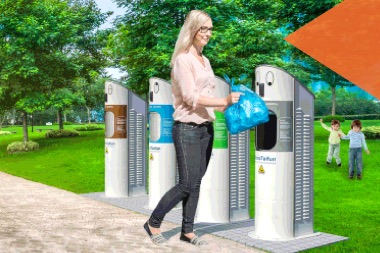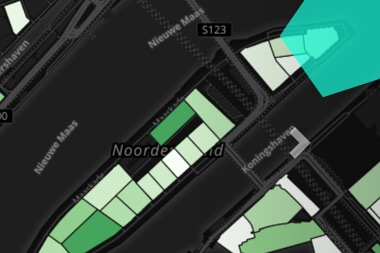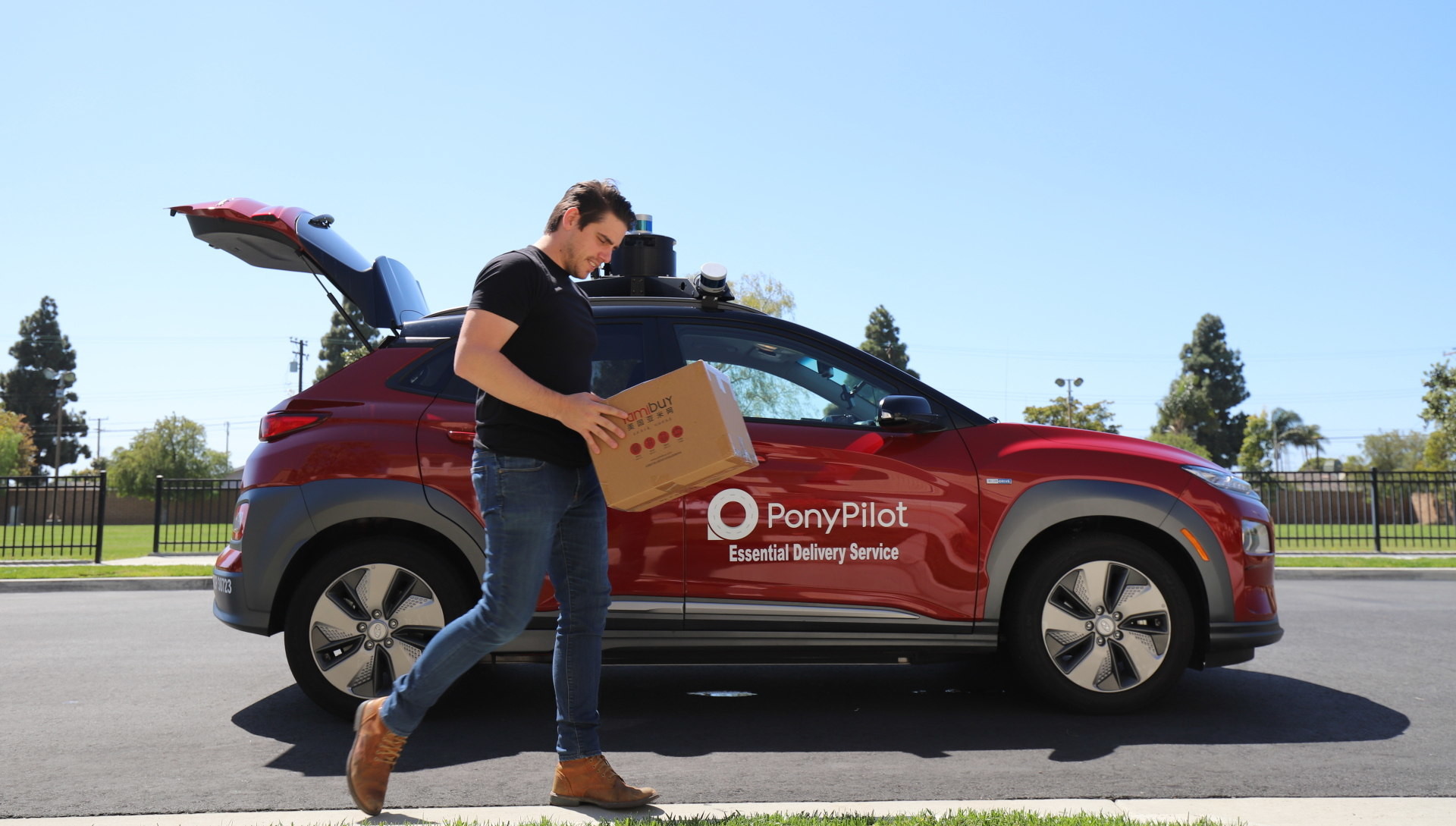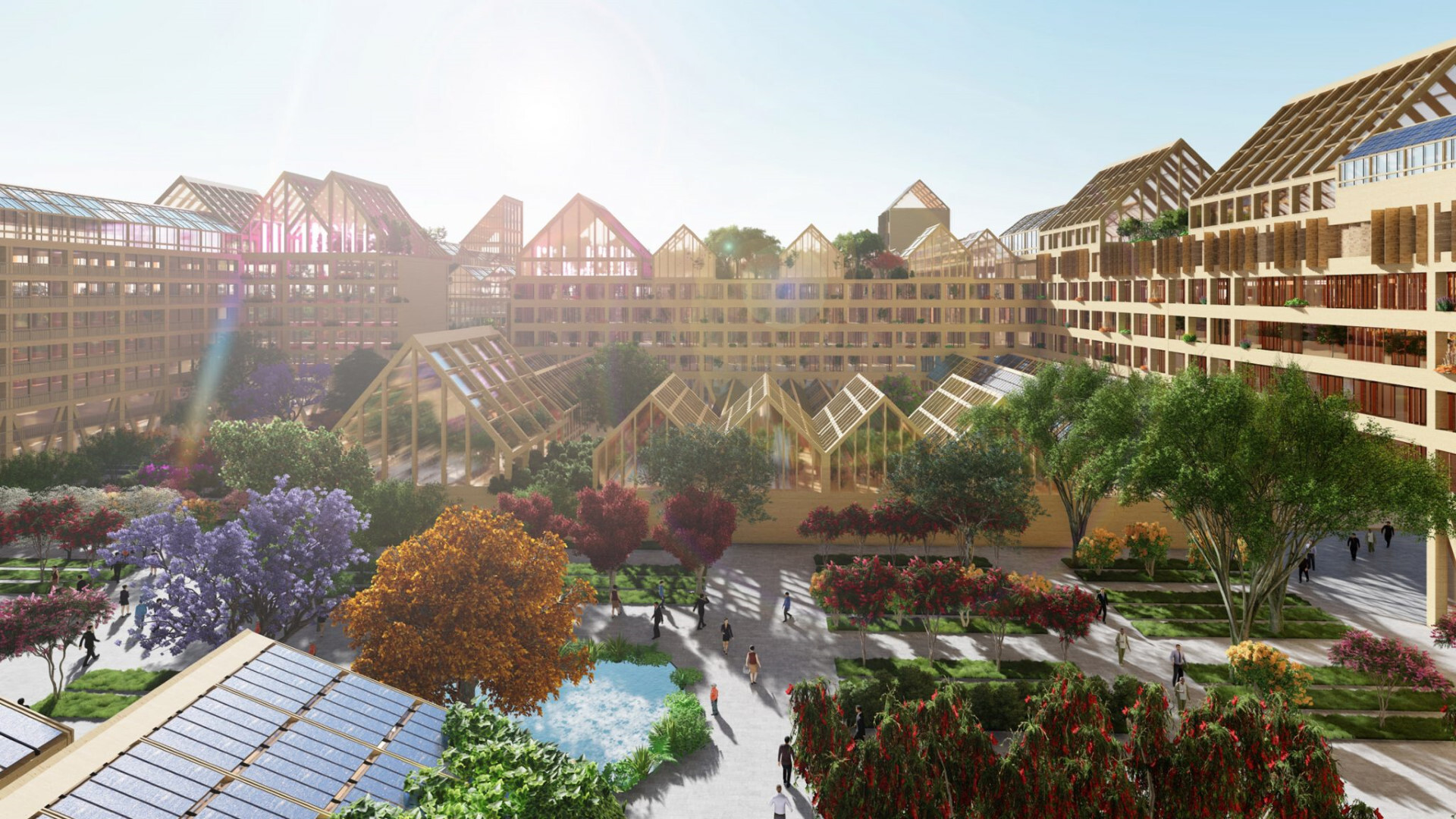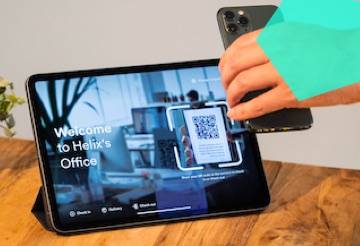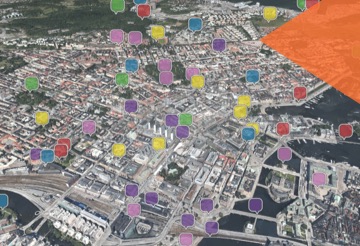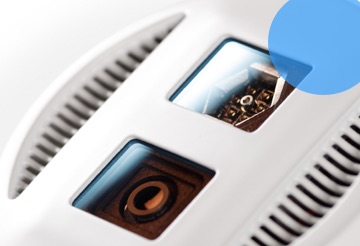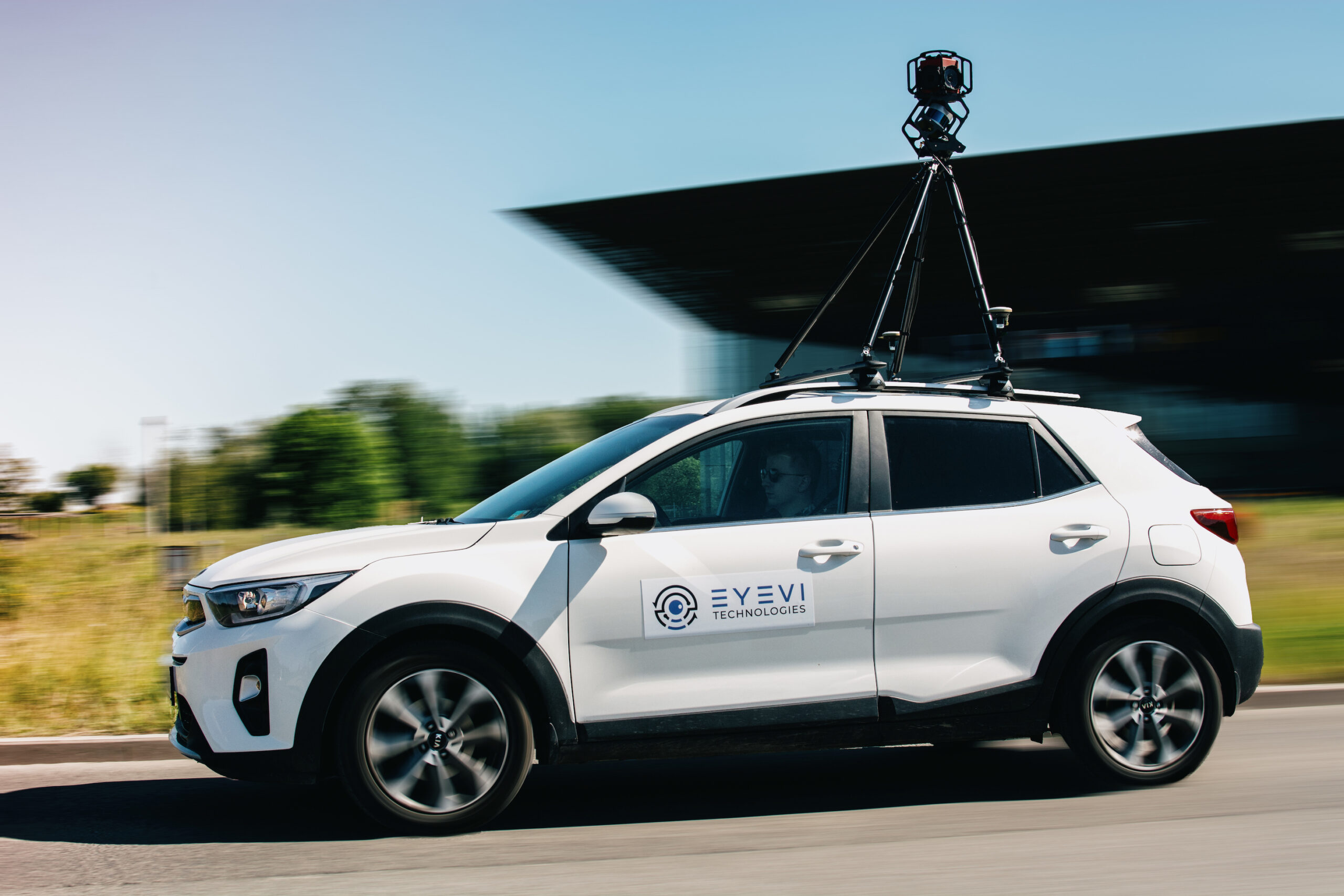In partnership with Localoo
“If your business is not on the internet, then your business will be out of business”, Bill Gates stated in the mid-1990s. At the time, when barely 1% of businesses had a website, the statement seemed more like a tongue-twister than a reflection to be taken into account.
However, over time, the Microsoft founder’s prediction would be confirmed. A study conducted in 2015 by Verisign revealed that at that time 84% of consumers already placed more trust in businesses that had a website, even if they had a physical establishment. Today, if you are not online, you simply do not exist for consumers.
Online presence assessment by consumers

The problem is that the Internet is much more than Google and contact between customers and establishments takes place, today, through other platforms such as Facebook, Instagram, Bing, Foursquare or even Apple Maps which, originally, was no more than a GPS app.
At this point, having a great SEO score or having a great position on search engines by getting into bidding wars against other competitors is not enough. It is essential to be present on all these platforms, therefore it is important to know the search parameters prioritized by the algorithm and which change according to circumstances.
Since the Covid-19 pandemic appeared, Google My Business has prioritized businesses with the click & collect service, special working hours or home delivery services. These parameters were added others established earlier, for example, the presence of photographs in the business description.
SEO is no longer enough

According to the Bright Local study, 60% of consumers take into account images when visiting an establishment. Furthermore, establishments with good quality photos obtain 42% more searches by digital users. Although taking photos of your business may seem like an acceptable task for average business owners, complications arise when it comes to the requirements these photos have to meet.
For the Google My Business algorithm to work properly, an image of the logo, a photograph of the facade, three interior photos, and others of the exterior are required, together with some images containing the products for sale. In short, a difficult task for self-employed people or medium-size business owners to manage.
This has led to a recent surge in businesses offering this positioning service to business owners. One of them is Localoo, a company based in Barcelona and specializing in communicating all the information regarding its customer’s establishments on Google My Business, Facebook, Waze, TomTom, Foursquare, Bing, among others.

Apart from this service, Localoo resolves another common problem online companies have to face: online reputation. 91% of digital users check Google or Facebook reviews before visiting an establishment. Of these, 66% postpone their purchase or visit if they read negative comments and 30% directly refuse to visit the establishment in question.
These figure show that it is essential for the feasibility of an establishment to respond to those reviews, regardless of whether they are positive or negative. In the first case, acknowledging the positive assessment can create customer loyalty; in the latter, a response that provides solutions to the conflict may redirect that bad experience.
In short, the importance of these tools for a company is such that they cannot be compared with a personal profile on social media and, therefore, they need to be managed and constantly updated to obtain great results.
